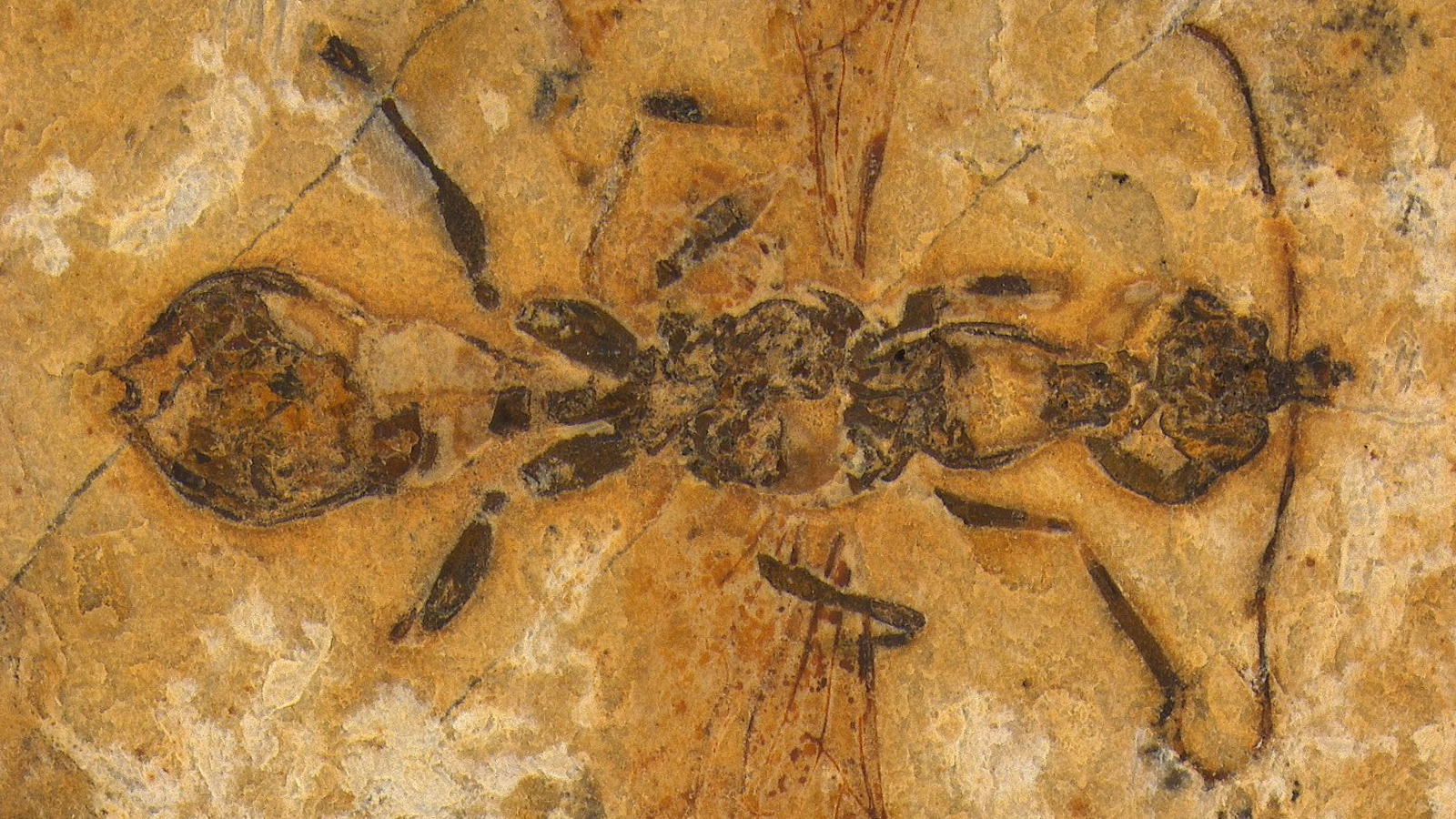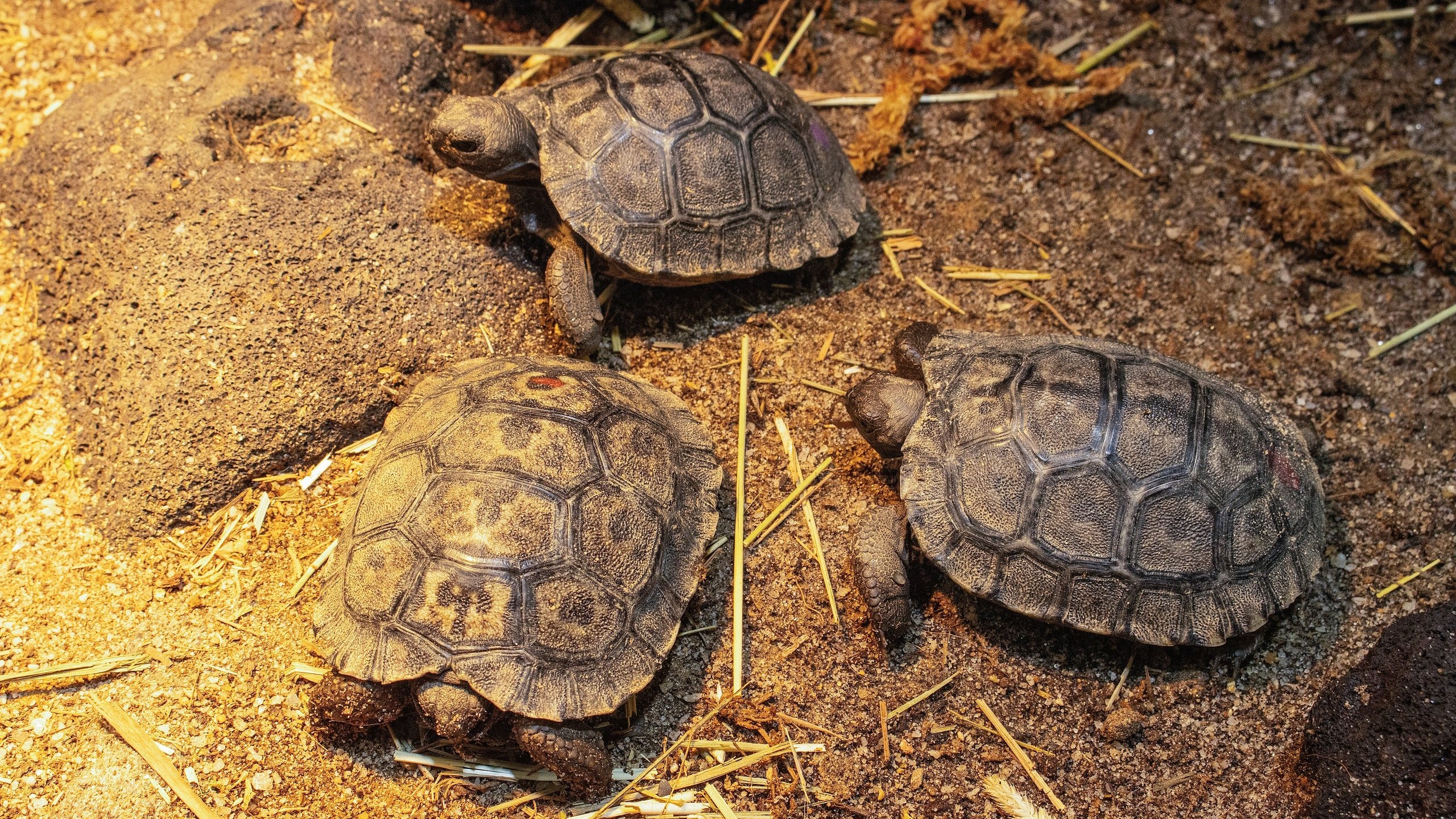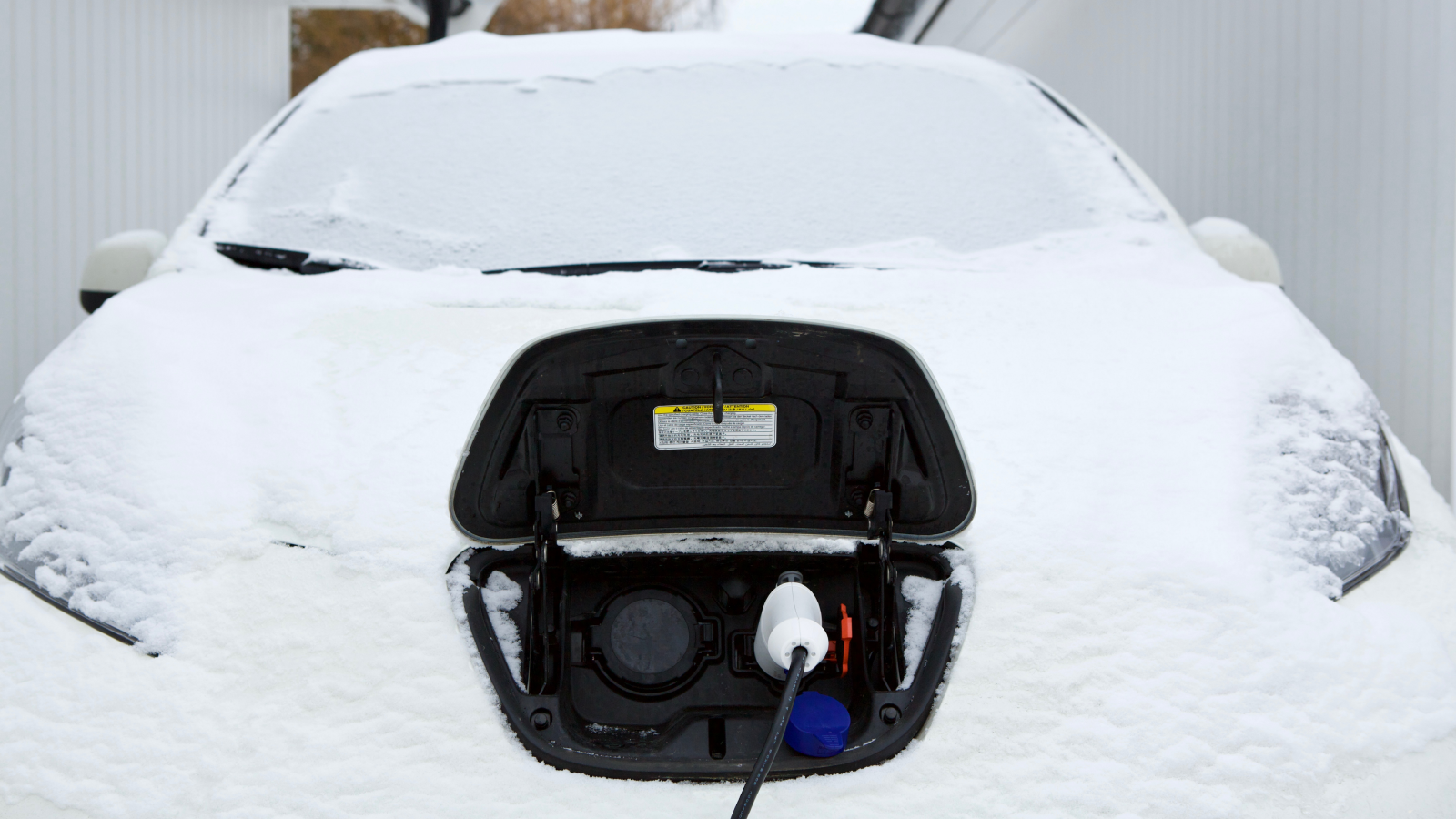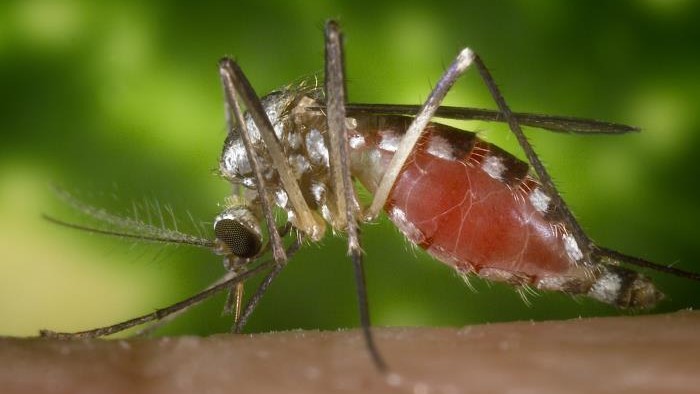Contact Lenses to Double as TVs
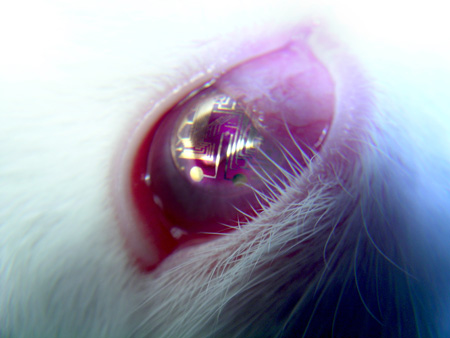
A futurist in Britain predicts contact lenses will double as TVs in 10 years time.
"You will just pop it into your eye in the morning and take it out at the end of the day," said Ian Pearson in The Daily Mail.
While it's unclear why anyone would want such an annoying device, you'd change the channel with voice commands, the thinking goes, and body heat would run the electronics. The whole experience might then be more immersive, according to a related report commissioned by electrical retailer Comet.
"We could even get to the point where we'll be able to immerse ourselves in a football game, making it feel like you're running alongside your favorite player or berating the ref," the report states.
While the idea may sound farfetched, it's actually rooted in technologies that are being developed. Already, glasses have been turned into private theaters.
More dramatically, last year engineers attached electronic circuit and lights to a regular contact lens as a proof of concept for future digital contact lenses that would zoom in on distant objects or display useful facts.
And this weekend, researchers announced a step forward in miniaturizing transistors to the point that they'll be transparent — a key to creating informational displays on windshields or, one might imagine, contact lenses.
Sign up for the Live Science daily newsletter now
Get the world’s most fascinating discoveries delivered straight to your inbox.
- Bionic Humans: Top 10 Technologies
- Vote: The Greatest Modern Minds
- The Top 10 Mad Scientists
Robert Roy Britt is the Editorial Director of Imaginova. In this column, The Water Cooler, he takes a daily look at what people are talking about in the world of science and beyond.
Robert is an independent health and science journalist and writer based in Phoenix, Arizona. He is a former editor-in-chief of Live Science with over 20 years of experience as a reporter and editor. He has worked on websites such as Space.com and Tom's Guide, and is a contributor on Medium, covering how we age and how to optimize the mind and body through time. He has a journalism degree from Humboldt State University in California.

